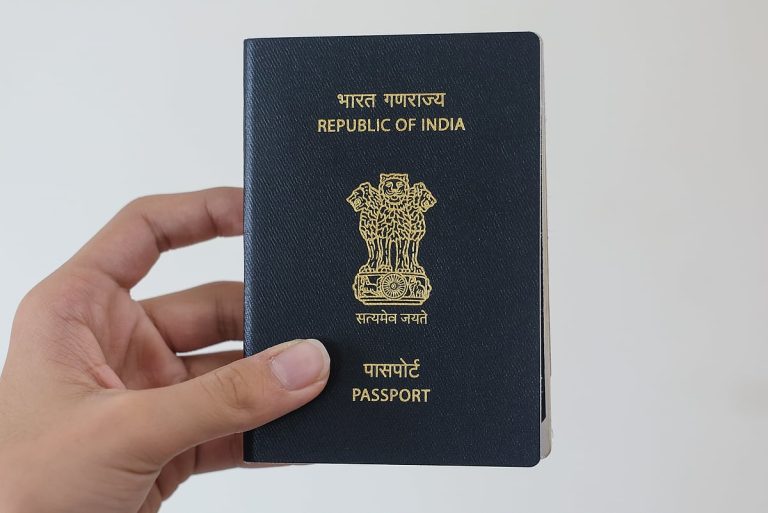Abu Dhabi Court Rules on Social Media Privacy Violation
A recent ruling by the Abu Dhabi Family, Civil and Administrative Cases Court has highlighted the serious consequences of privacy violations on social media. In this case, a young man was ordered to pay Dh20,000 to a woman whose personal images and videos he shared without her consent.
Case Background
The woman initiated a civil lawsuit seeking Dh50,000 in damages for the emotional distress and reputational harm she experienced due to the defendant’s actions. She asserted that the defendant had previously been convicted in a criminal court for similar offenses, which significantly influenced the court’s decision in her favor.
Court’s Findings
The court underscored the importance of prior criminal convictions in civil cases, noting that they can establish facts relevant to the proceedings. In this instance, the court found that the defendant’s actions had indeed violated the plaintiff’s privacy, resulting in considerable emotional distress and mental anguish for her.
As a result, the court awarded the woman Dh20,000 in compensation and mandated that the defendant cover all associated court fees and legal costs.
FAQs
What led to the court’s decision in this case?
The court’s decision was influenced by the defendant’s prior criminal conviction for a similar privacy violation, which established the facts of the case.
How much compensation was awarded to the plaintiff?
The court awarded the plaintiff Dh20,000 in compensation for the emotional and reputational harm she suffered due to the defendant’s actions.
What are the implications of this ruling for social media privacy?
This ruling emphasizes the legal consequences of privacy violations on social media, reinforcing that individuals can be held accountable for sharing personal content without consent.
Conclusion
The Abu Dhabi court’s ruling serves as a reminder of the legal repercussions associated with privacy violations on social media platforms. As digital interactions continue to grow, it is crucial for individuals to respect others’ privacy to avoid similar legal challenges in the future.
The ruling comes at a time when social media usage is at an all-time high, with millions of users sharing personal content daily. This case illustrates the potential risks associated with the dissemination of private information online. As social media platforms evolve, so do the legal frameworks surrounding privacy and consent. Courts around the world are increasingly recognizing the need to protect individuals from unauthorized sharing of their personal images and videos, which can lead to severe emotional and psychological consequences.
In the United Arab Emirates, privacy laws have been strengthened in recent years to address the challenges posed by digital communication. The Federal Decree-Law No. 5 of 2012 on Combating Cybercrimes outlines various offenses related to online privacy violations, including the unauthorized sharing of personal data. This legal framework aims to deter individuals from engaging in harmful online behavior and to provide victims with avenues for recourse. The Abu Dhabi court’s decision aligns with these legislative efforts, reinforcing the message that privacy is a fundamental right that must be respected in both physical and digital spaces.
Moreover, the case highlights the growing awareness among individuals regarding their rights to privacy and the legal protections available to them. Victims of privacy violations are increasingly willing to pursue legal action, as seen in this instance where the plaintiff sought compensation for emotional distress. This trend may encourage more individuals to come forward in similar situations, potentially leading to a greater number of cases being brought before the courts. As society grapples with the implications of technology on personal privacy, the legal system will likely continue to adapt, ensuring that individuals are held accountable for their actions in the digital realm.
Also Read:
Maternity Leave Support for Emirati Mothers in Abu Dhabi







